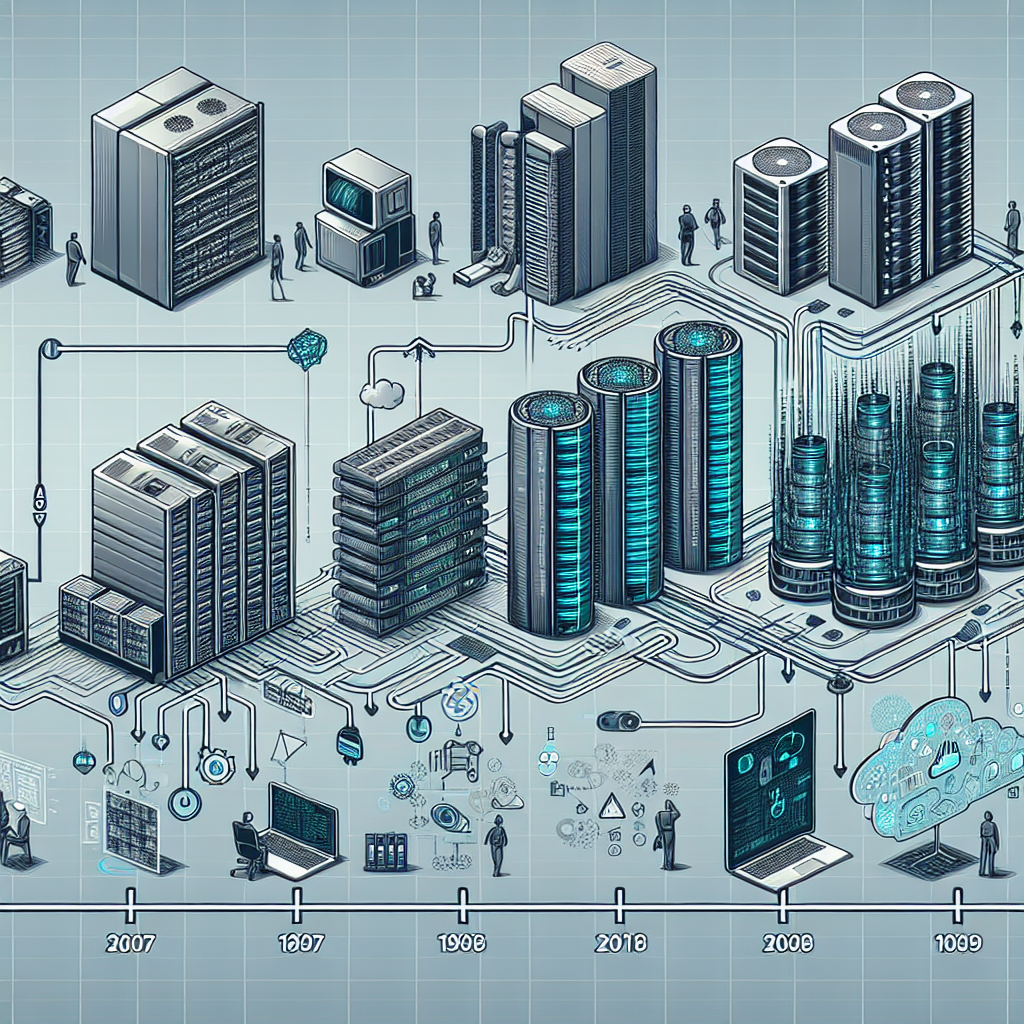In today’s technology-driven world, data centers play a crucial role in the operations of businesses of all sizes. These facilities house the servers, storage, and networking equipment that store and process the vast amounts of data needed to run modern organizations. As such, ensuring the continuity of operations in data centers is paramount to the success of a business.
Over the years, the concept of business continuity in data center management has evolved significantly. In the early days of data centers, companies focused primarily on disaster recovery planning, which involved creating backup copies of data and systems to be used in the event of a catastrophic event. While this approach was sufficient for many years, the increasing complexity and interconnectedness of data center systems necessitated a more comprehensive approach to business continuity.
Today, business continuity in data center management encompasses a wide range of strategies and technologies aimed at ensuring the uninterrupted operation of critical business functions. This includes not only disaster recovery planning, but also proactive measures to prevent downtime and minimize the impact of potential disruptions.
One key aspect of modern business continuity in data center management is redundancy. This involves duplicating critical components of the data center infrastructure to ensure that if one system fails, another can seamlessly take its place. Redundancy can be built into every aspect of a data center, from power supplies and cooling systems to networking equipment and storage arrays.
Another important aspect of business continuity in data center management is monitoring and automation. With the increasing complexity of data center systems, it is essential to have real-time visibility into the performance of all components. This allows data center operators to quickly identify and address potential issues before they escalate into full-blown outages. Automation tools can also play a key role in ensuring the continuity of operations by automatically responding to events and failures without human intervention.
In addition to redundancy and monitoring, businesses are also increasingly turning to cloud-based solutions for business continuity in data center management. Cloud services offer a scalable and cost-effective way to replicate data and applications in multiple locations, providing an added layer of protection against downtime and data loss.
Overall, the evolution of business continuity in data center management reflects the growing importance of data centers in today’s business landscape. By adopting a comprehensive approach to business continuity that includes redundancy, monitoring, automation, and cloud-based solutions, organizations can ensure the uninterrupted operation of their critical systems and safeguard against potential disruptions.

Leave a Reply
You must be logged in to post a comment.